
The Seventeenth African Traditional Medicine day was observed in Ghana on the 3rdSeptember 2019. The theme for the commemoration day focused on: "Integrating traditional Medicine in Health Sciences curricula in universities in the African Region" as part of mechanisms to integrate African Traditional Medicine in the national health system to achieve Universal Health Coverage. The 20th anniversary of traditional medicine week celebration in Ghana was also launched.
In his speech the Deputy Minister of Health, Mr Alex Kom Abban speaking on behalf of the Minister of Health considered that with such a theme for the commemoration day, the African Region is in the process of building a future where every health science student would have appreciable knowledge in traditional medicine. He said that this will facilitate further integration of traditional medicine into the mainstream healthcare delivery system with an easier blend and cohesion where all professions and professionals within the healthcare space are knowledgeable in traditional medicine practise. He also indicated that integrating traditional medicine into the curricula of health science students paints a future where the development of traditional Medicine becomes a collective responsibility of all health workers.
Dr Owen Kaluwa WHO Representative enumerated the progress in traditional medicine in the African Region in the past 20 years which included the increase from 18 in 2000 to 34 in 2018 of the number of research institutions evaluating the quality, safety and efficacy of traditional medicines used for malaria, opportunistic infections related to HIV/AIDS, diabetes, hypertension and sickle cell disease using WHO guidelines.
He cited Ghana's Kwame Nkrumah University of Science and Technology as having offered a bachelor's degree in herbal medicine since 2001. He said that in 2018 a total of about 150 medical herbalists graduated from the programme. Among them, more than 30 are working in 18 public hospitals as part of a Ministry of Health project to integrate African traditional medicine in the national health system.
He added that as the Kwame Nkrumah University of Science and Technology pursues the academic training of the Medical Herbalists there is need to upgrade the practise and train traditional healers so that scientific methods are integrated into their practise. He also said that there is the need to introduce training for herbal medicine manufacturers so they can use good manufacturing practises to produce their medicines to improve the quality, safety and efficacy of the herbal products.
In his concluding remarks he urged the Ministry as part of its policy of integrating herbal medicine practice into the national healthcare system to embrace all forms of the practise of traditional medicine as it is known that some specialised areas are well advanced in Ghana and this include bone setting. He said that there is need to also train other practitioners so that their art will bring out the science that results in outcomes that are marvelled at by conventional medicine and this can be documented for use. He reiterated WHO's readiness to continue working with Member States to further integrate the practice of traditional medicine in national health systems.
Read Full Story
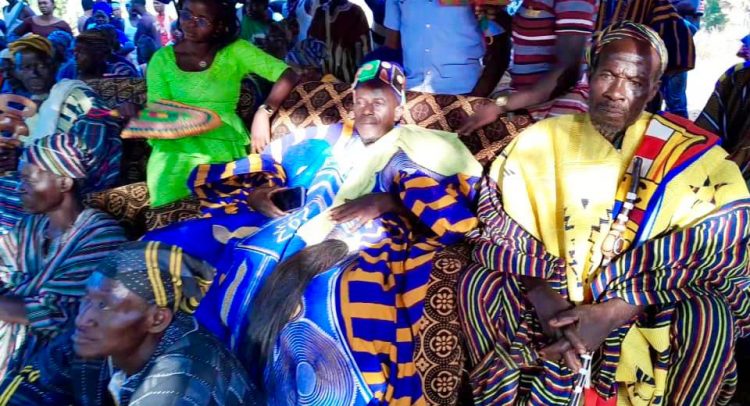
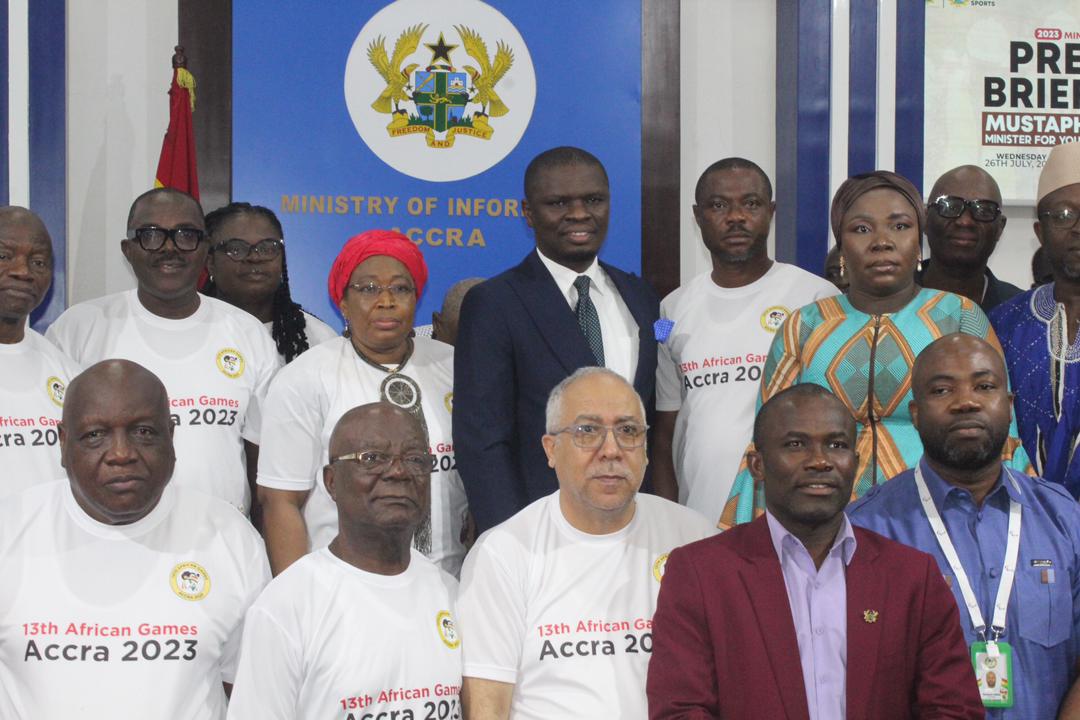
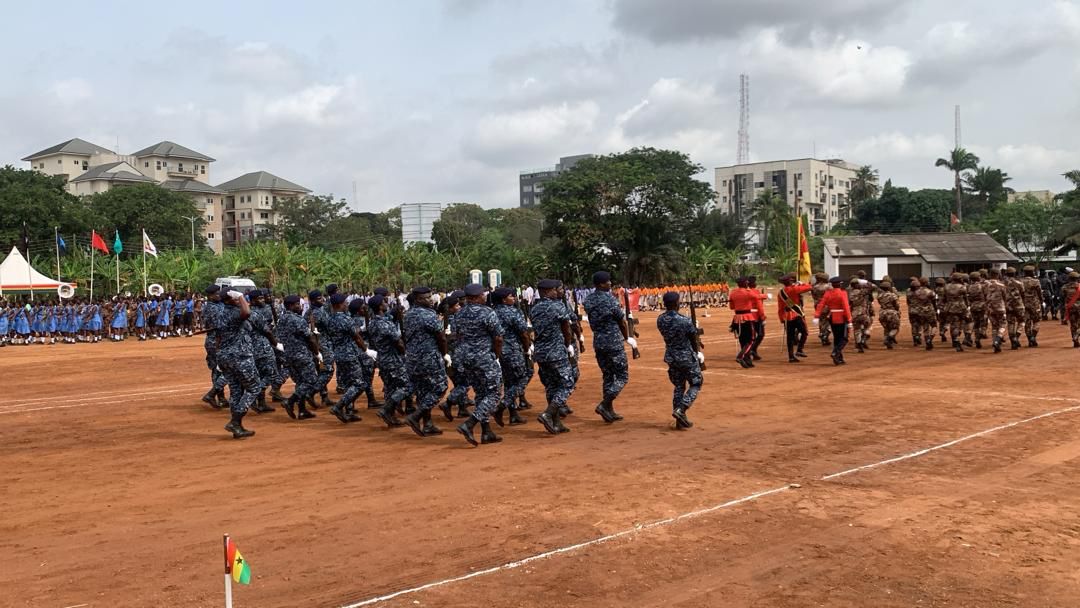
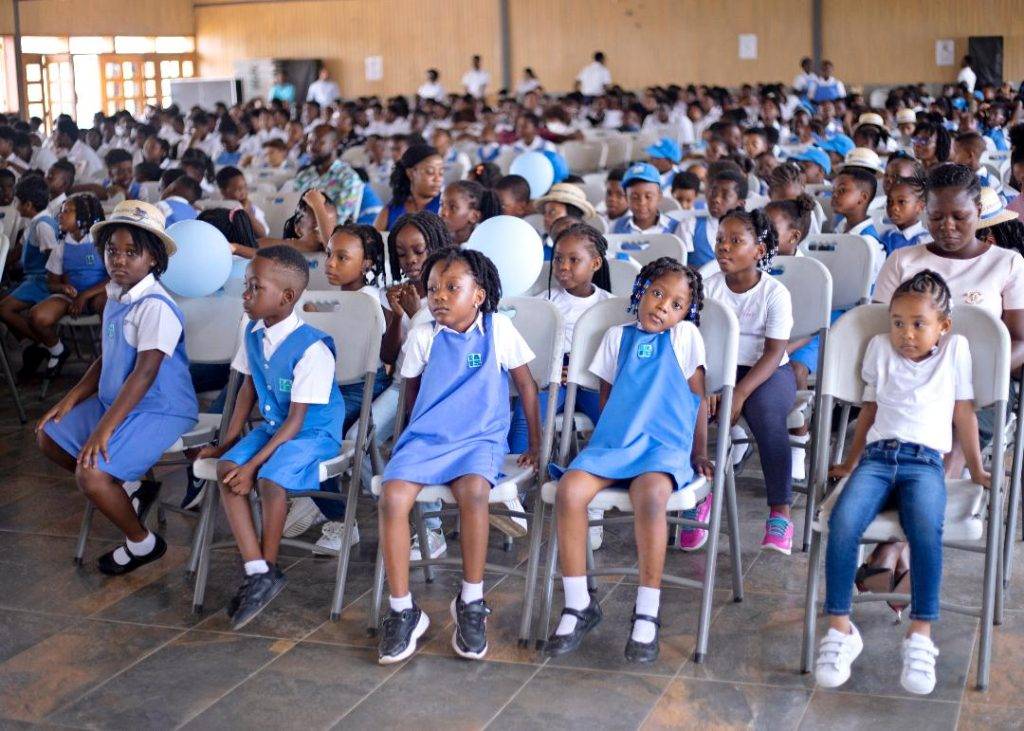
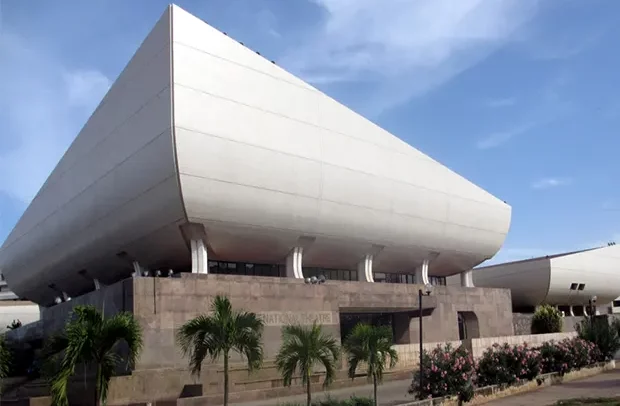
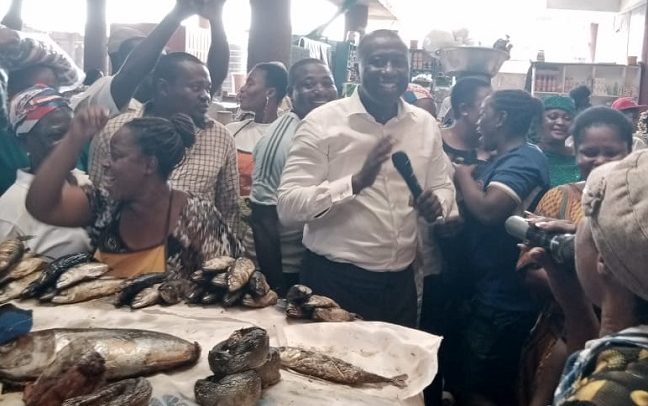
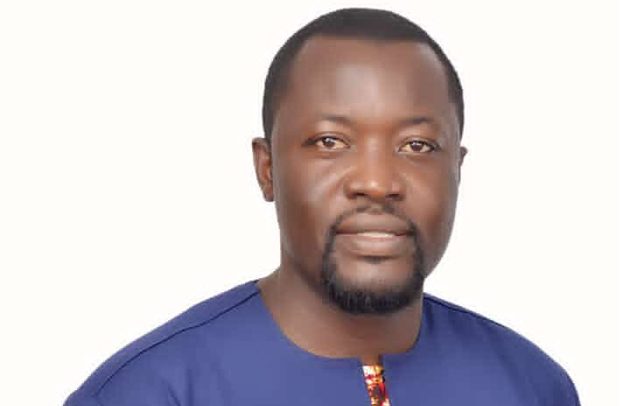














Facebook
Twitter
Pinterest
Instagram
Google+
YouTube
LinkedIn
RSS